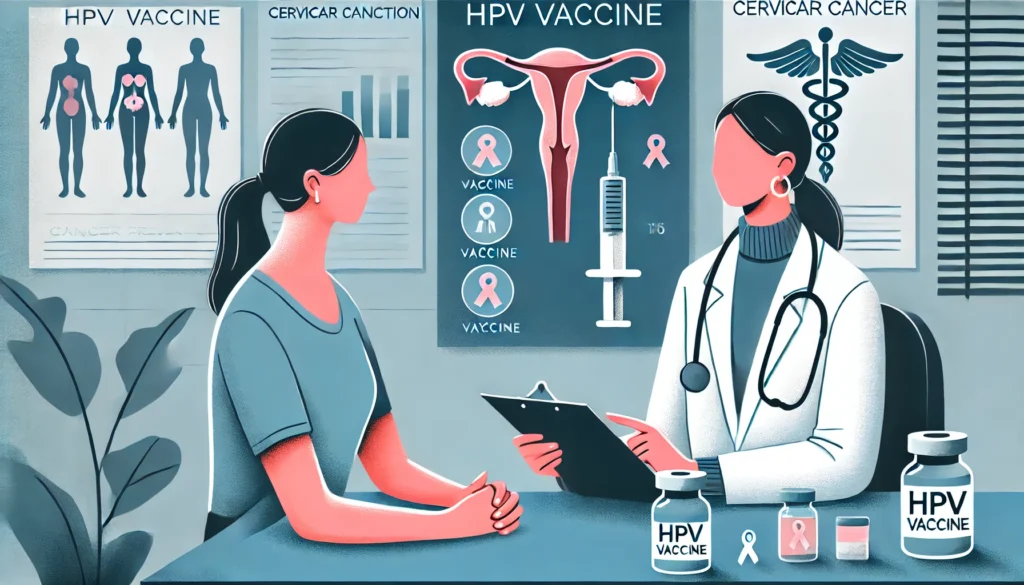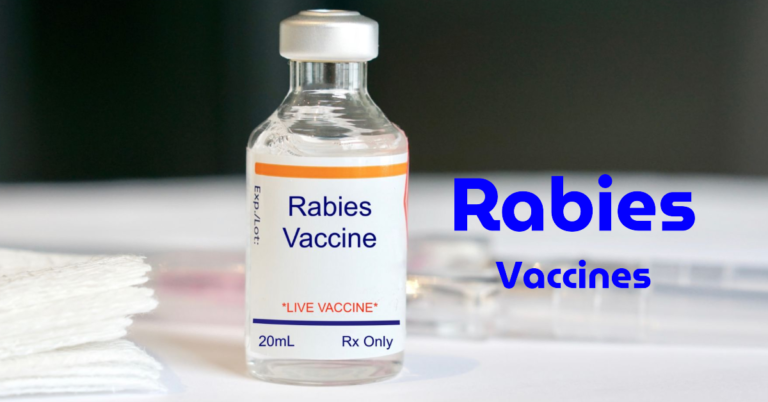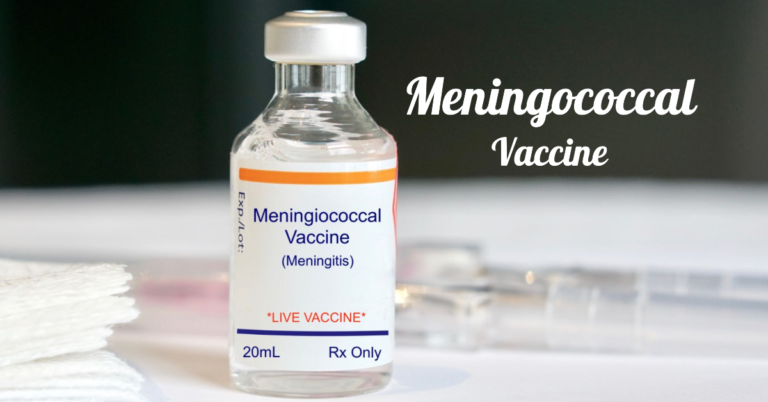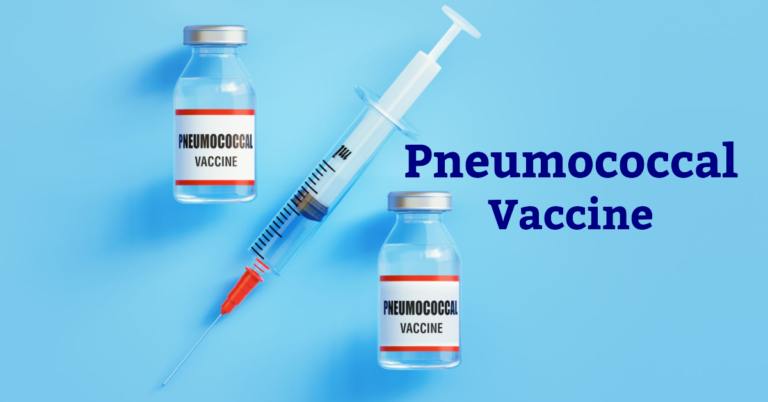Hepatitis B is a severe liver infection that impacts millions worldwide. This disease, caused by the Hepatitis B virus (HBV), can lead to serious health problems, including liver failure, cancer, or cirrhosis, if left untreated. Fortunately, the Hepatitis B vaccine offers effective protection against this life-threatening illness.
In this article, we discuss the dangers of Hepatitis B, the importance of vaccination, and how it protects lives.
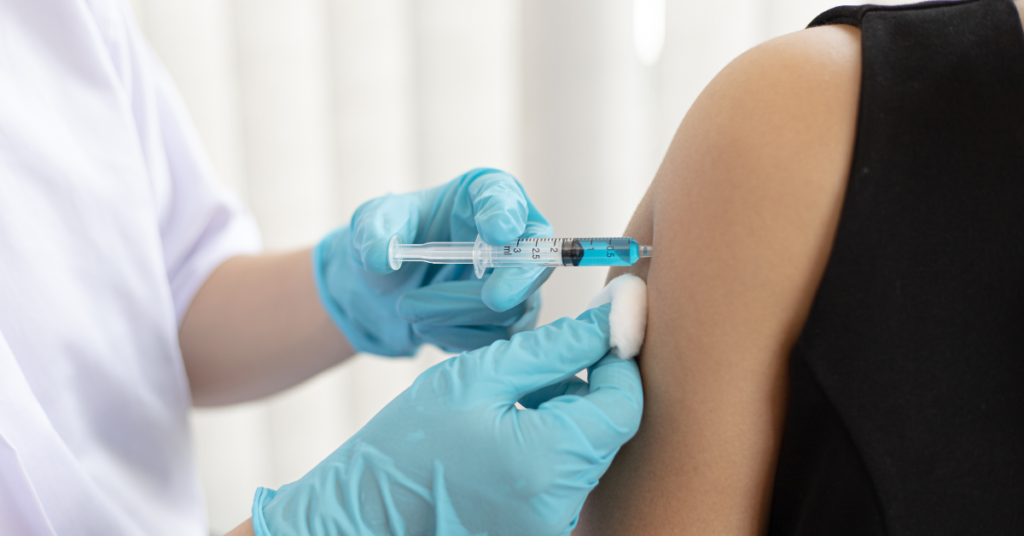
What is Hepatitis B?
Hepatitis B is a liver infection caused by the Hepatitis B virus (HBV). This virus spreads through contact with infected blood or bodily fluids. Common transmission methods include unsafe injections, sharing needles, unprotected sex, or passing from mother to child during childbirth.
The World Health Organization estimates that 296 million people globally live with chronic Hepatitis B, often unaware they are infected. In the United States, infection rates have declined due to widespread vaccination efforts. However, the disease remains a significant health concern.
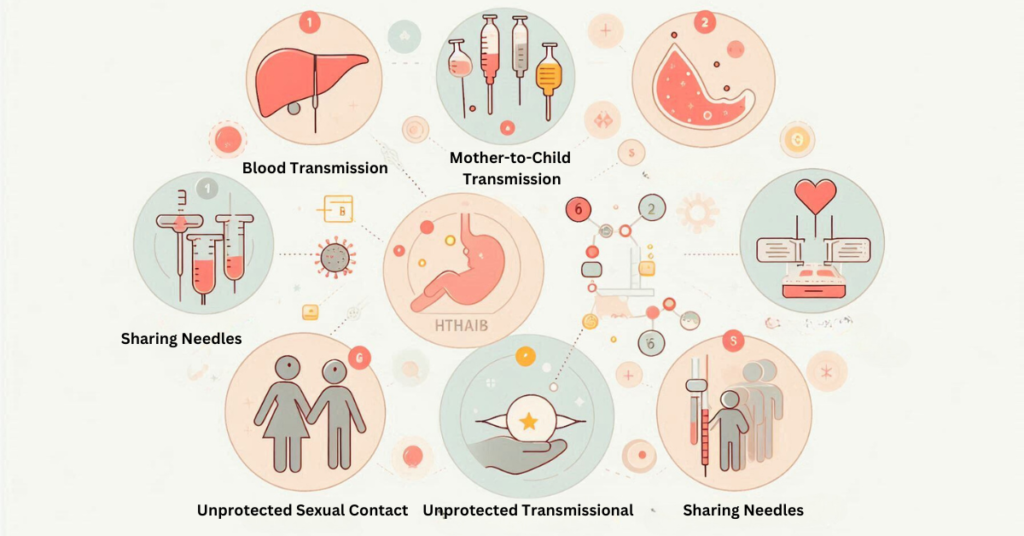
Why is the Hepatitis B Vaccine Important?
The Hepatitis B vaccine is essential for preventing infection and reducing the risk of severe liver complications. It protects individuals from chronic Hepatitis B, which can lead to serious conditions like liver cancer or cirrhosis. Vaccinating more people helps stop the virus from spreading in the community, improving overall public health. For newborns, early vaccination is especially crucial because they are more vulnerable to chronic infection at a young age.
Read more
How Does the Hepatitis B Vaccine Work?
The Hepatitis B vaccine helps your body fight the virus by activating its immune response. It contains harmless parts of the virus that train your immune system to recognize and attack Hepatitis B if exposed. The vaccine is given in three or four doses over six months to build strong, long-lasting immunity. Newborns typically receive their first dose at birth, with follow-up doses during regular check-ups. For older children and adults, the schedule may differ, but completing all doses is crucial for full protection.
Who Should Get the Hepatitis B Vaccine?
The CDC recommends the Hepatitis B vaccine for infants, children, and adults at risk of infection. High-risk groups include newborns, healthcare workers, individuals with diabetes, people who inject drugs, and travelers to regions with a high prevalence of Hepatitis B. Newborns should get their first dose within 24 hours of birth. Adults who were not vaccinated as children are also urged to get the vaccine, especially if they belong to a high-risk group.

Benefits of Getting Vaccinated
Getting vaccinated against Hepatitis B offers many benefits. It protects you from a serious infection that can cause lifelong health problems.
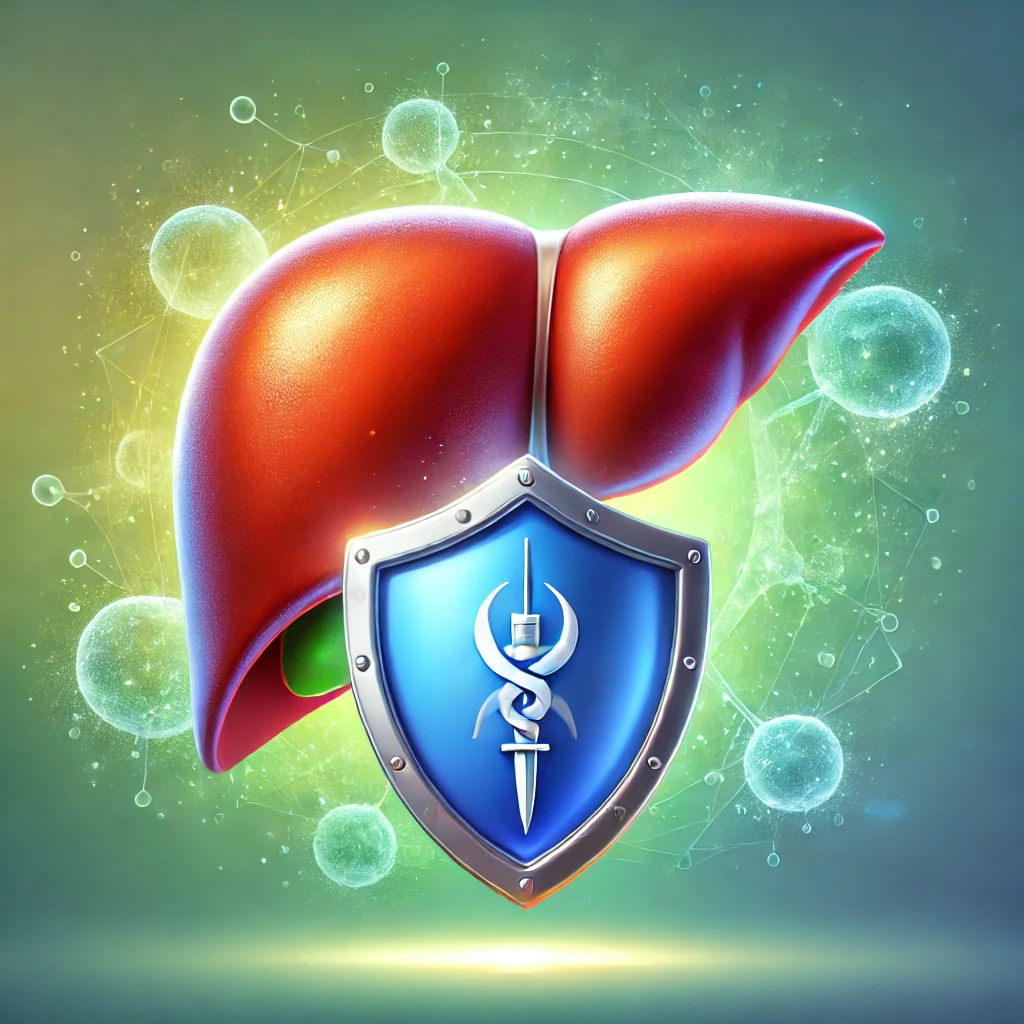
The vaccine also lowers your risk of developing liver cancer, a common result of chronic Hepatitis B. On a larger scale, widespread vaccination slows the spread of the virus and supports the global effort to eradicate Hepatitis B. By vaccinating yourself and your children, you also protect vulnerable individuals, such as those with compromised immune systems who cannot receive the vaccine.
Potential Side Effects and Safety of the Vaccine
The Hepatitis B vaccine is safe and well-tolerated by most people. Common side effects include mild soreness at the injection site, fatigue, or a slight fever, which usually go away within a day or two. The CDC and WHO confirm the vaccine’s safety and effectiveness, emphasizing that its benefits far outweigh the risks. Severe allergic reactions are extremely rare, but healthcare providers can manage them if they occur.
Addressing Concerns and FAQs
Can adults still get vaccinated if they missed it as children?
Yes, adults can still get vaccinated against Hepatitis B. It’s never too late, especially if you belong to a high-risk group. Talk to your healthcare provider to find the best vaccination schedule for your needs.
Do people who have already had Hepatitis B need the vaccine?
If you’ve had a confirmed Hepatitis B infection, your body likely developed natural immunity, so you may not need the vaccine. However, medical testing is necessary to confirm your immunity.
Is the vaccine safe for pregnant women?
Yes, the Hepatitis B vaccine is safe for most pregnant women. If you’re at risk of infection, consult your healthcare provider to determine the best way to protect yourself and your baby.
The Hepatitis B vaccine plays a vital role in protecting individuals and communities from the severe consequences of Hepatitis B. For parents considering vaccination for their newborns, healthcare workers, or adults who haven’t been vaccinated yet, this step is critical. By getting vaccinated, you safeguard not only your health but also the well-being of those around you.
Moreover, don’t delay taking action to protect yourself and your family. Schedule a vaccination appointment today and make a proactive choice for your health. Additionally, learning more about Hepatitis B and the benefits of vaccination can empower you to make informed decisions. Talk to your healthcare provider for guidance and ensure that you and your loved ones remain protected.

